This is the third in a series of articles by Mojtaba Hosseini, an Iranian convert to Christianity who spent more than three years in prison in the southern city of Shiraz because of his membership of a house-church. Mojtaba’s first note from prison explained his journey to faith and the first of his two subsequent arrests; his second detailed his long interrogation. In his third note, Mojtaba explains the desperation and loneliness of solitary confinement.
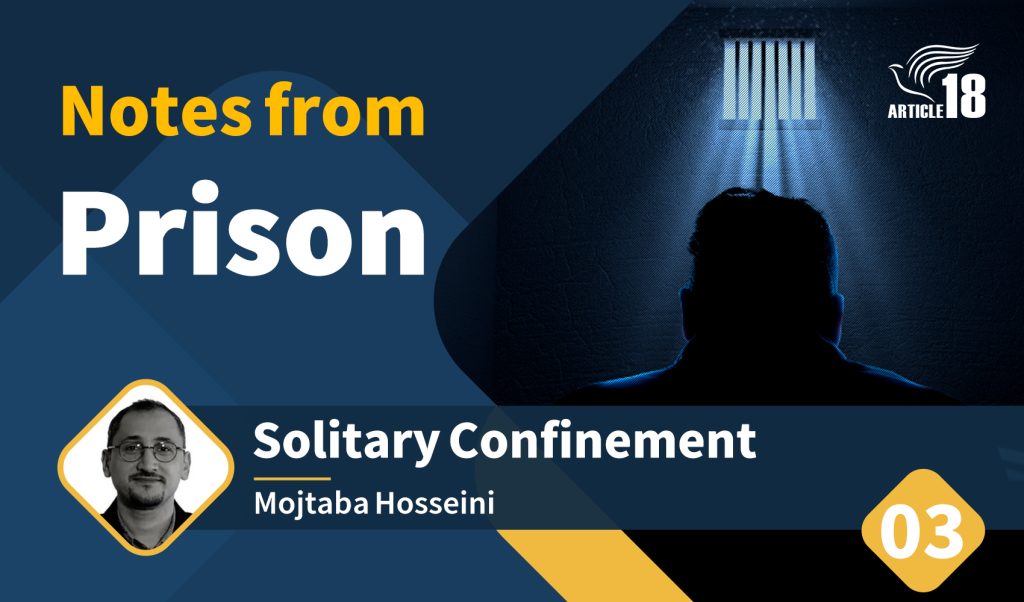
Perhaps this has also happened to you. One night you went to bed to rest and expected a peaceful sleep, but spent the whole night in the anxiety and horror of a nightmare, then finally woke up with a restless cry. And when you realised that all your thoughts were only a nightmare, you were a thousand times grateful that none of them were real.
Perhaps solitary confinement could be described as a nightmare that became my reality.
In solitary confinement, there is no way forward or backward. Between those walls, every day you feel they are moving closer together, crushing you. Even trying to put those days into words, with all the emotions and pressures I felt, is as difficult for me as the days were themselves.
I remember that some days I thought to myself that I’d rather endure physical torture than remain in solitary confinement – all alone, waiting in complete uncertainty, full of frustration, restlessness, nightmares, stress, anxiety, the fear of torture and feeling in danger at every moment, as well as being concerned about the safety of my house-church group and, above all, being far away from my family, and missing them.
Solitary confinement is totally opposed to all that man is designed for. A person’s identity is found within society, especially during times of need, and during those days I felt more in need of my family and friends than ever before, but I wasn’t even permitted to make one phone call.
Instead, I was locked inside a tiny room, with only a blanket and a pillow for sleep; no books to read, nor anything else to help me pass the time for even one minute.
Not a moment’s peace
All I had were my thoughts. And in such a disturbing situation, surrounded by physical threats and inhumane behaviour, it was so hard to achieve even one positive thought.
I felt so lonely. The only person I saw on a daily basis was the impatient and unfriendly officer who delivered my food through the small hatch in the cell door.
One of the most painful things for me was being entirely unaware of what was going on in the world outside, and how the rest of my family were doing. All I could imagine were my mother’s tears and sleepless nights, worrying about what was happening to me.
At the same time, I was worried about the other church members, who were also really like family to me. I had no information about their arrests, how much they had been interrogated, or how much the officials knew about them and their activities.
With these concerns ever on my mind, I struggled to find even a moment’s peace.
Sometimes the pressures of uncertainty, loneliness and frustration in solitary confinement were so hard on me that I even longed to be taken for interrogation, if only to get out of my cell. But then as soon as I arrived in the stressful surroundings of the interrogation room, with its heavy atmosphere, I longed to be taken back again to my solitary cell, even though every moment there was like a nightmare to me.
Back in the cell, and its suffocating environment, immediately I longed to return to the interrogation room. This emotional rollercoaster repeated itself over and over and is the reason I describe solitary confinement as a place with no way forward or back.
The aim of putting people in solitary confinement – a crime against all that it is to be human – is clearly to achieve the best results in the shortest time possible.
And every moment there was like a whip being struck against my mind and soul, torturing me and burning me with lashes. This psychological torture, which is far harder than physical torture, was clearly meant to break me, so that I would do all they asked of me.
Writing on the wall
It made my pain even greater to see the many lines scratched onto the walls of my cell by former prisoners – one line for each of the days they had spent there.
I remember in my first hour of solitary confinement, when I felt like I was dying from the suffocation of the cell, seeing for the first time those lines on the wall, showing for example 30 days for one inmate, and asking myself how it was possible that someone could survive there for so long.
Being there felt like being in the middle of a war, under constant bombardment. But the battle I was in wasn’t a human one; I hadn’t been imprisoned because of any crime or activity against the government, but only as a person who made the decision to follow Christ.
The enmity of those who had imprisoned me wasn’t just directed at me, but at Christ and his Church, so I had to put all my trust in the one who was in control, the one who had already faced the greatest battle, such as in the garden of Gethsemane, and had emerged victorious; whose opponents had put him in chains and taken him to court, then unjustly crucified him and put him to death, but who rose victorious from the dead after three days.
He was the one who was alive today and could help me through my own Gethsemane.
The fight
It was with this in mind that I began to fight like a soldier. In the midst of the chaos, my faith really was like a solid rock upon which I could fully rely.
My weapon against anxiety and hopelessness was lifting up my eyes to him in prayer and worship, and every day I would pray the same prayer:
“Oh Lord, now my hands are bound, but your hands are strong, and in secret they are working with power. Although there is a great lock on the doors here, no way is closed to you. You are the God who even makes streams in the desert.
“Close the mouths of my adversaries, and destroy the plans they have against me. The rulers’ hearts are in your hands; use their decisions for the glory of your name. Whenever they sign an official document, your hands are the ones that will be in control.
“Although I am weak and lonely here, you are my advocate and my redeemer. I declare that you are the true king and ruler and that I belong to you. I believe that you, living inside me, are greater than the power of this world, so I trust in you, oh living God.”
This section of one of David’s prayers, from Psalm 33, was also a particular encouragement to me, not only in solitary confinement but throughout my time in prison:
“The Lord brings the counsel of the nations to nothing; He makes the plans of the people of no effect. The counsel of the Lord stands forever, the plans of His heart to all generations.
“Blessed is the nation whose God is the Lord, the people He has chosen as His own inheritance. The Lord looks from heaven; He sees all the sons of men. From the place of His dwelling He looks on all the inhabitants of the earth; He fashions their hearts individually; He considers all their works.
“No king is saved by the multitude of an army; a mighty man is not delivered by great strength. A horse is a vain hope for safety; neither shall it deliver any by its great strength.
“Behold, the eye of the Lord is upon them that fear Him, upon them that hope in His mercy; to deliver their soul from death, and to keep them alive in famine.
“Our souls wait for the Lord: He is our help and our shield. For our hearts shall rejoice in Him, because we have trusted in His holy name. Let Your mercy, O Lord, be upon us, even as we hope in You.”
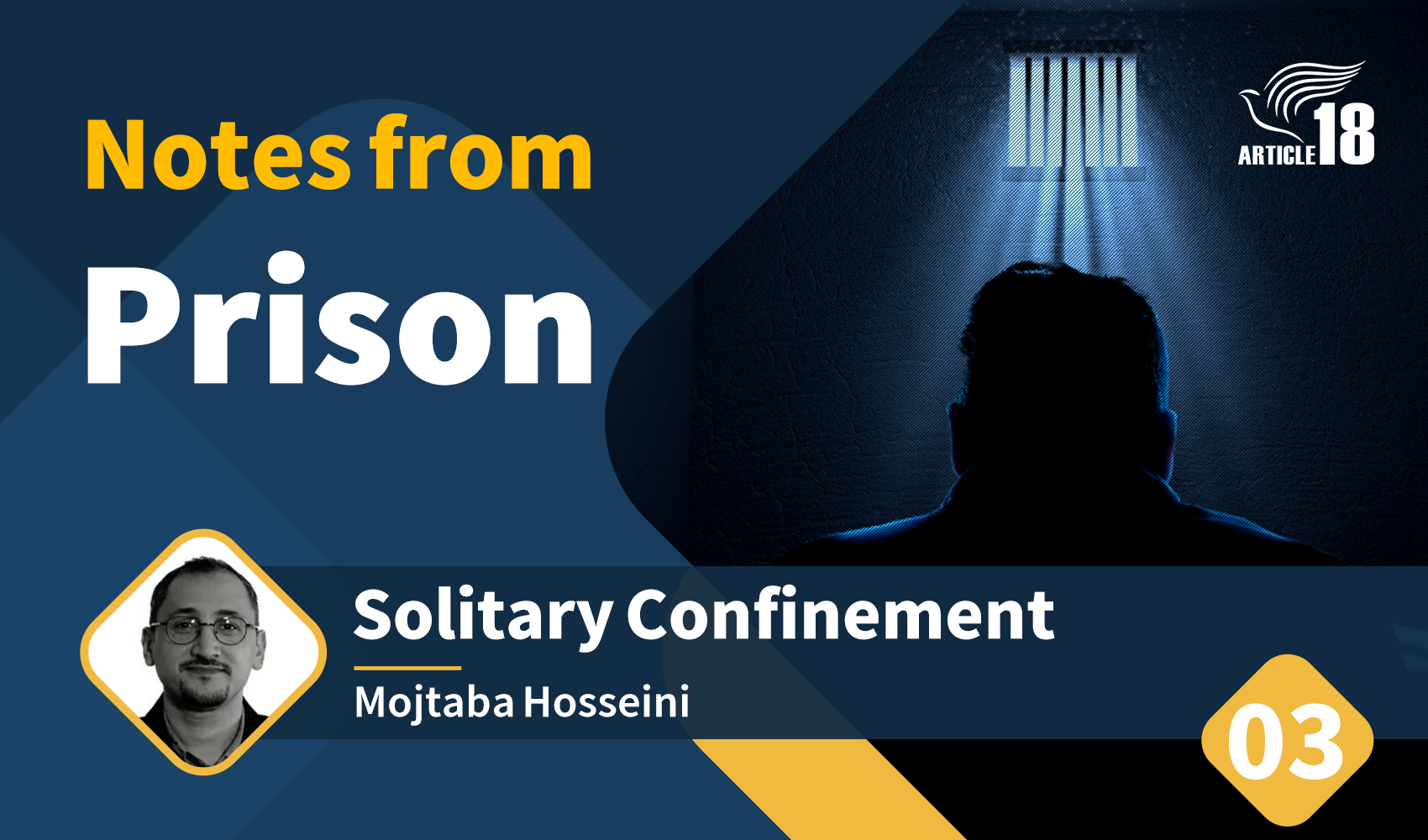
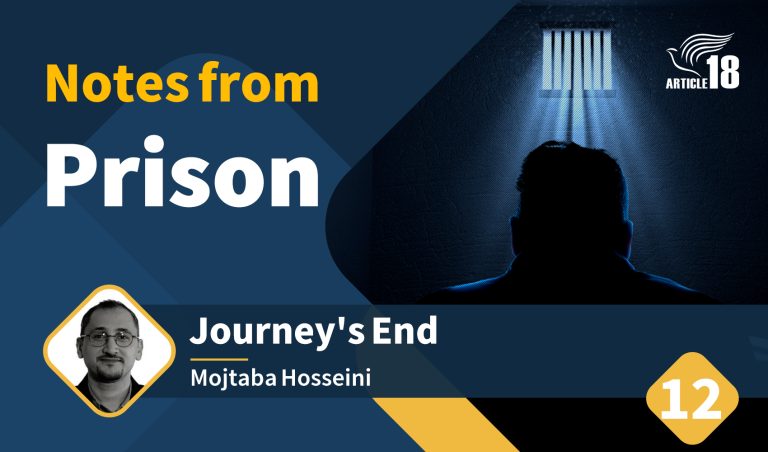
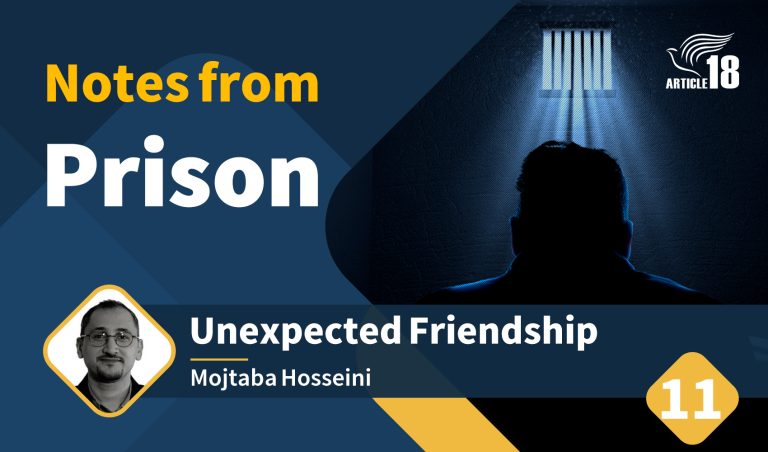
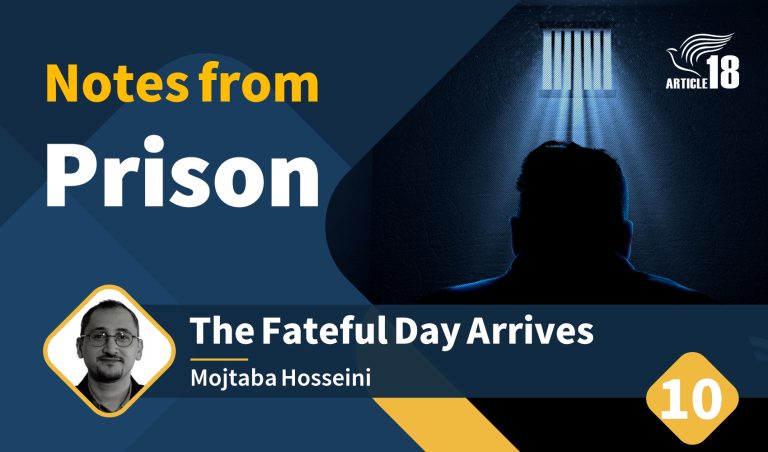
0 Comments
Trackbacks/Pingbacks